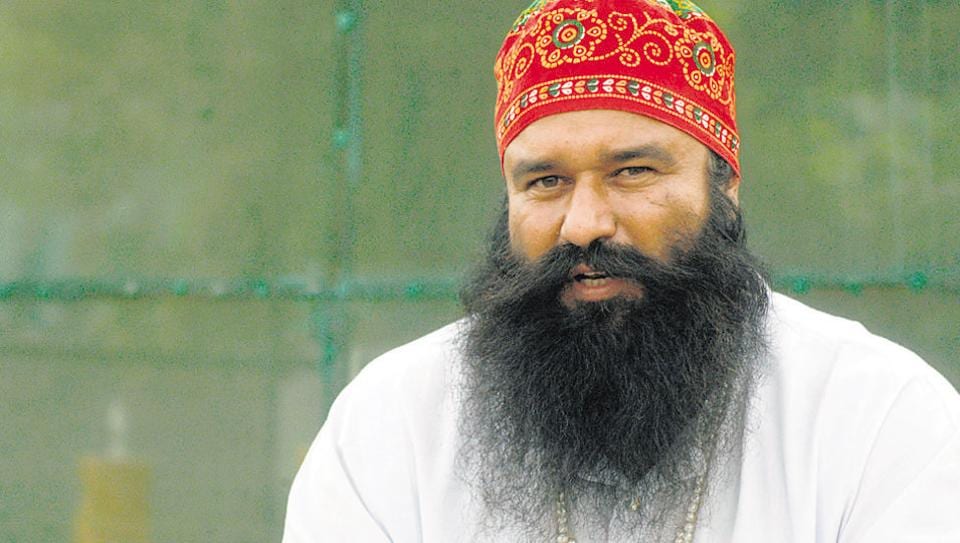NEW DELHI: The Punjab and Haryana High Court has recently concluded the hearing of the SGPC’s petition, which contested the temporary release of the imprisoned Dera Sacha Sauda chief.
The court emphasized that decisions regarding temporary release should be made by the appropriate authority, ensuring no “arbitrariness or favoritism” in the process.
This ruling followed a day after a bench comprising Chief Justice Sheel Nagu and Justice Anil Kshetarpal of the High Court reserved its decision after considering the arguments presented by all parties involved.
The Shiromani Gurdwara Parbandhak Committee (SGPC), the leading gurdwara management organization, had challenged the temporary release of Ram Rahim, the head of Dera Sacha Sauda, based in Sirsa. The SGPC argued that Ram Rahim was serving multiple sentences for serious crimes such as murder and rape, and his release could threaten India’s sovereignty, integrity, and public order.
In June this year, Ram Rahim approached the high court, seeking a 21-day furlough. Earlier, on February 29, the high court had directed the Haryana government not to grant further parole to the Dera chief without its explicit permission.
Ram Rahim, who is currently serving a 20-year sentence for the rape of two of his followers, is incarcerated in Sunaria jail in Rohtak district. He was granted a 50-day parole on January 19.
In its Friday ruling, the court dismissed the SGPC’s claim that the Haryana Good Conduct Prisoners (Temporary Release) Act, 1988, should have been applied instead of the Haryana Good Conduct Prisoners (Temporary Release) Act, 2022, when considering and granting parole to the Dera chief.
“The argument of learned senior counsel for the petitioner is liable to be rejected at the very outset for the simple reason that the Act of 2022 governs the process of conditional temporary release of prisoners for good conduct,” the court’s order stated.
“The object of the Act of 2022 is to temporarily release the prisoners for good conduct by way of furlough/ parole. The procedure for consideration of the application for release of prisoners on parole/ furlough is provided in Sections 3 and 4 of the Act of 2022,” the order further elaborated.
The court identified the divisional commissioner of police as the competent authority in the case of the Dera chief.
The court refrained from speculating on any potential breach of law and order or public order that might arise from the temporary release of Ram Rahim in the future, noting that such speculation would involve entering into the realm of assumptions.
“However, this Court would like to observe that in case any application is made by respondent No. 9 for temporary release, the same shall be considered strictly in accordance with the provisions of the Act of 2022 without the competent authority indulging in arbitrariness or favoritism or discrimination,” the court stated.
“With the aforesaid observations, this Court disposes of this petition with the hope that the competent authority under the Act of 2022 will pass appropriate orders, if called upon to do so, within the four corners of the Act of 2022,” the court concluded.
Ram Rahim was sentenced to 20 years in prison in 2017 for raping two of his disciples. In 2019, he and three others were convicted for the murder of a journalist that occurred over 16 years ago.
Earlier this year, the high court acquitted Ram Rahim and four others in the 2002 murder of Ranjit Singh, the sect’s former manager, citing “tainted and sketchy” investigations. A special CBI court had previously sentenced the five individuals to life imprisonment in connection with Ranjit Singh’s nearly 20-year-old murder, with Ram Rahim being found guilty of orchestrating a criminal conspiracy with his co-accused.

